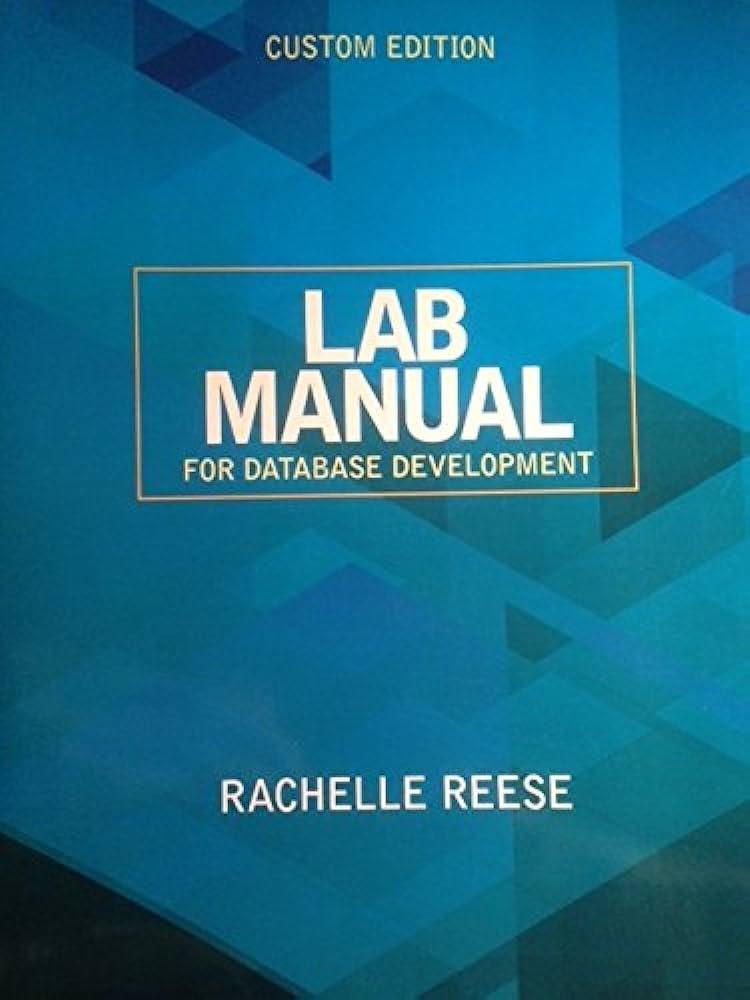Answered step by step
Verified Expert Solution
Question
1 Approved Answer
Please include a class diagram. Consider the binary search tree implementation in file bintree.cpp and: Add to the TreeNode class a pointer to the parent
Please include a class diagram.
Consider the binary search tree implementation in file bintree.cpp and:
Add to the TreeNode class a pointer to the parent node. Modify the insert and erase functions to properly set those pointers. Define a TreeIterator class that contains a pointer to a TreeNode and has member functions get and next.
The iterators get member function should return the data value of the node to which it points.
iThe iterators next member function should find the next element in in-order traversal.
If the current node has a right child, then the next node is the leftmost leave of the right child.
If the current node does not have a right child, keep moving up to the parent until the previously traversed node is a left child. The next node is the parent of this left child.
Finally, add a begin member function to the BinarySearchTree class. It should return an iterator that points to the leftmost leaf of the tree.
Bintree.cpp-------------------------------
#include
#include
using namespace std;
class TreeNode
{
public:
void insert_node(TreeNode* new_node);
void print_nodes() const;
bool find(string value) const;
private:
string data;
TreeNode* left;
TreeNode* right;
friend class BinarySearchTree;
};
class BinarySearchTree
{
public:
BinarySearchTree();
void insert(string data);
void erase(string data);
int count(string data) const;
void print() const;
private:
TreeNode* root;
};
BinarySearchTree::BinarySearchTree()
{
root = NULL;
}
void BinarySearchTree::print() const
{
if (root != NULL)
root->print_nodes();
}
void BinarySearchTree::insert(string data)
{
TreeNode* new_node = new TreeNode;
new_node->data = data;
new_node->left = NULL;
new_node->right = NULL;
if (root == NULL) root = new_node;
else root->insert_node(new_node);
}
void TreeNode::insert_node(TreeNode* new_node)
{
if (new_node->data < data)
{
if (left == NULL) left = new_node;
else left->insert_node(new_node);
}
else if (data < new_node->data)
{
if (right == NULL) right = new_node;
else right->insert_node(new_node);
}
}
int BinarySearchTree::count(string data) const
{
if (root == NULL) return 0;
else if (root->find(data)) return 1;
else return 0;
}
void BinarySearchTree::erase(string data)
{
// Find node to be removed
TreeNode* to_be_removed = root;
TreeNode* parent = NULL;
bool found = false;
while (!found && to_be_removed != NULL)
{
if (to_be_removed->data < data)
{
parent = to_be_removed;
to_be_removed = to_be_removed->right;
}
else if (data < to_be_removed->data)
{
parent = to_be_removed;
to_be_removed = to_be_removed->left;
}
else found = true;
}
if (!found) return;
// to_be_removed contains data
// If one of the children is empty, use the other
if (to_be_removed->left == NULL || to_be_removed->right == NULL)
{
TreeNode* new_child;
if (to_be_removed->left == NULL)
new_child = to_be_removed->right;
else
new_child = to_be_removed->left;
if (parent == NULL) // Found in root
root = new_child;
else if (parent->left == to_be_removed)
parent->left = new_child;
else
parent->right = new_child;
return;
}
// Neither subtree is empty
// Find smallest element of the right subtree
TreeNode* smallest_parent = to_be_removed;
TreeNode* smallest = to_be_removed->right;
while (smallest->left != NULL)
{
smallest_parent = smallest;
smallest = smallest->left;
}
// smallest contains smallest child in right subtree
// Move contents, unlink child
to_be_removed->data = smallest->data;
if (smallest_parent == to_be_removed)
smallest_parent->right = smallest->right;
else
smallest_parent->left = smallest->right;
}
bool TreeNode::find(string value) const
{
if (value < data)
{
if (left == NULL) return false;
else return left->find(value);
}
else if (data < value)
{
if (right == NULL) return false;
else return right->find(value);
}
else
return true;
}
void TreeNode::print_nodes() const
{
if (left != NULL)
left->print_nodes();
cout << data << " ";
if (right != NULL)
right->print_nodes();
}
int main()
{
BinarySearchTree t;
t.insert("D");
t.insert("B");
t.insert("A");
t.insert("C");
t.insert("F");
t.insert("E");
t.insert("I");
t.insert("G");
t.insert("H");
t.insert("J");
t.erase("A"); // Removing leaf
t.erase("B"); // Removing element with one child
t.erase("F"); // Removing element with two children
t.erase("D"); // Removing root
t.print();
cout << t.count("E") << " ";
cout << t.count("F") << " ";
return 0;
}
Step by Step Solution
There are 3 Steps involved in it
Step: 1

Get Instant Access to Expert-Tailored Solutions
See step-by-step solutions with expert insights and AI powered tools for academic success
Step: 2

Step: 3

Ace Your Homework with AI
Get the answers you need in no time with our AI-driven, step-by-step assistance
Get Started


